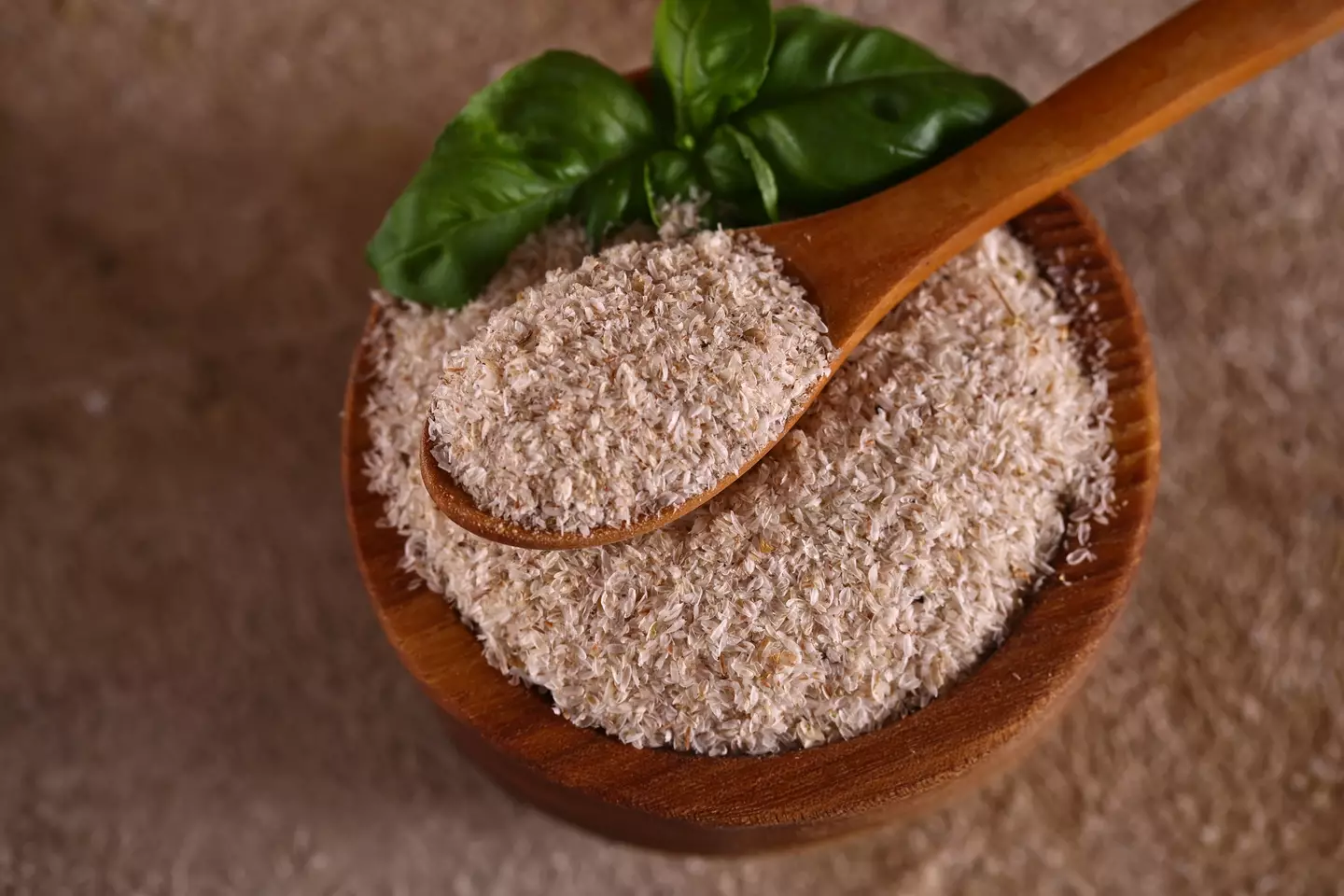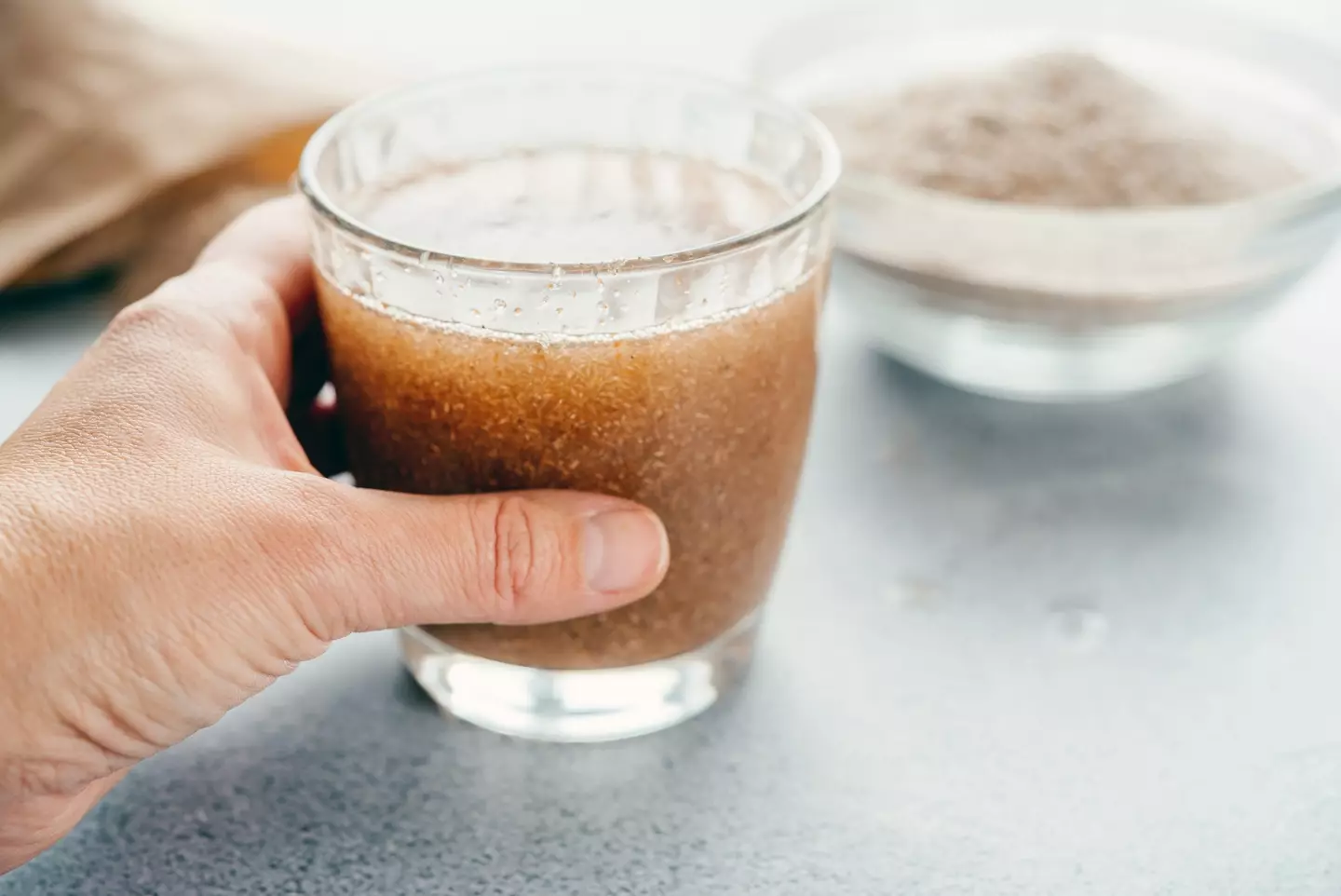
Semaglutide drugs – also known as GLP-1s or brand names Ozempic and Wegovy – have taken the world by storm thanks to their appetite-suppressing properties.
Originally developed as a treatment for diabetes, they’ve entered the public consciousness as weight loss drugs. The idea is that they keep appetites in strict check, making it easier for people to significantly cut their caloric intake and shed the pounds as a result.
As a general rule, there are 3,500 calories to a pound of fat, so if you maintain a daily calorie deficit of 500 then you’ll drop a pound of weight each week. If you’re burning 2,000 calories a day between your basal metabolic rate and your active calories, that would mean eating 1,500 a day.

Advert
While establishing that deficit is quite straightforward, maintaining it on a daily basis requires high levels of discipline and commitment thanks to the body’s wiring for scarcity, the incredibly addictive nature of modern ultra-processed foods (UPFs), and the shift in lifestyle that this kind of calorie deficit often necessitates.
That all accounts for semaglutides’ popularity: by suppressing your appetite, it’s much less challenging to maintain your diet plan.
However, as with many pharmaceutical remedies and for all kinds of personal reasons, some people would rather avoid medicating themselves if they can help it. With that it mind, interest in a ‘natural’ alternative has picked up in some circles, and there might be one in particular that could help you out like a GLP-1.
TikToker and gastrointestinal physician Dr Karan Rajan introduced many people to psyllium husk, a soluble fibre that comes from the seeds of India’s Plantago ovata herb, as a remedy for diarrhoea and constipation. It’s cheap and rich in fibre and while Dr Rajan didn’t claim as much, some people reckon it could be an alternative to Ozempic.
Other social media doctors, such as Dr Enaka Yembe, have called it a ‘poor man’s’ alternative to Ozempic and Wegovy, but it’s a bit of a stretch. The idea is that the high fibre content gives you a sense of satiety, so you could neck a serving of the stuff to put your hunger to bed.
“There’s no magic secret to the effects of psyllium husk – and most high fibre foods, like pulses and oats, will have a similar appetite curbing impact,” said Dr Duane Mellor, spokesperson for the British Dietetic Association/
Speaking to Huffington Post, Dr Brynna Connor said: “Psyllium husk is a soluble fibre that absorbs water after consumption, which turns it into a gel-like substance that expands in the stomach.

“This gel takes more time for your body to break down, which prolongs the feeling of fullness.”
However, ‘calling it ‘nature’s Ozempic’ is misleading, as psyllium husk and Ozempic are two very different substances that function differently in the body’.
“There haven’t been any head-to-head studies comparing the effects of psyllium husk and Ozempic on weight loss (however, the individual studies of psyllium husk and Ozempic show that Ozempic leads to greater weight loss),” concluded Connor.
